It’s a Tuesday evening, and Rabbi Craig Wyckoff is turning the compost in a wire bin next to rows of kale, tomato and cucumber plants on the grounds of the Unitarian Universalist Church of Studio City (UUCSC).
When he’s finished, he leans his pitchfork against a shed. But there’s still a meaningful task left to perform. “Close your eyes,” Wyckoff instructs. “We’ll say a blessing.”
In the cool, late-August twilight, he stands before two plump, yellow squash fruits and recites the borei pri ha’adamah: “Blessed is God, King of the universe, who creates the fruit of the Earth.”
It’s a common scene at the church, where members of the UUCSC community and the two Jewish congregations that rent space at its facilities are finding their roots — and each other — in a cooperative garden. In March, volunteers from the church, Congregation Beth Ohr and Congregation Tikkun Olam partnered to build the Shared Earth Project, an organic patch of vegetables and fruit trees they committed to maintain together. At this season of Sukkot, the interfaith project is feeding their desire for a closer relationship while also feeding the hungry.
Founded with charity in mind, the aim of the 700-square-foot garden is to grow fresh produce for locals in need, said Jeanne McConnell, UUCSC member and garden committee chair. Organizers split their weekly harvest between the San Fernando Valley Rescue Mission and Jewish Family Service’s SOVA Community Food and Resource Program. So far, they’ve donated about 50 pounds of food.
“The intention of this was to open up our land to the community,” McConnell said. “One in six people across the U.S. go hungry at least once a month, so this is the kind of thing that’s really needed.”
Yet acting on their values isn’t the only benefit the three faith communities have reaped. Each group has also gotten to know its neighbors in new ways while digging in the soil.
“We had been here for so many years and had no real connection with the church except for talking to them about administrative things, like rent,” said Sue Nevens, a board member at Beth Ohr and garden volunteer. “So when Jeanne presented the idea to us, we thought it would be so nice to work together and get to know each other. That has been very fulfilling.”
Church members had been talking for years about planting a garden, McConnell said, but it was a chance encounter with a Jewish organization at a conference that got the ball rolling. As Devorah Brous, the director of a group called Netiya, was teaching attendees about the Valley nonprofit’s mission to cultivate urban gardens and give their bounty to the needy, the notion clicked with McConnell. She knew her congregation would feel the same.
“I thought, ‘What a wonderful idea,’ ” recalled McConnell, who said the church previously planned to create personal garden plots that local residents could farm themselves. Netiya’s method sounded like a more efficient way to get food into the hands of those who needed it, she said. It also would allow volunteers to perform the mitzvah of helping.
Brous suggested getting the two small Jewish congregations that worshipped at the church on board, too, so McConnell contacted leaders from Beth Ohr and Tikkun Olam. They embraced the project. “My gut feeling was, let’s go for it,” Nevens said. “I loved the idea of not just writing a check to some wonderful organization but to actually do the physical work ourselves. It was a new experience — very satisfying, yet also very difficult.”
The first step was stifling the weeds. UUCSC, which has about 130 members, has owned its Moorpark Street property since the 1940s, but the church never did much landscaping beyond planting a rose bush here or there, McConnell said. When project organizers surveyed the proposed garden plot, they found a sea of crabgrass.
To prepare the land, they layered cardboard, mulch, newspaper and soil, building up an organic groundcover in which seeds could grow. They got donations of compost and vegetable plants from the city and fruit trees from a local nursery. They laid recycled concrete chips around the planting beds and delineated walkways for future pedestrians.
Hundreds of volunteers labored over six weekends to convert the unused land into a garden. A dozen students from the Cornell University Hillel lent a hand on an alternative spring break trip coordinated by Netiya. Students from UCLA and volunteers from The Jewish Federation of Greater Los Angeles also rolled up their sleeves on heavy workdays.
Wyckoff, the spiritual leader of Tikkun Olam, spent hours shoveling mulch alongside the other volunteers. Known as “Rabbi Craig” to his congregants and colleagues, he said he’d long hoped the three faith groups would adopt the kind of charitable project on which Tikkun Olam — as its name implies — was founded. The 60-member congregation’s past “repairing the world” efforts have included clothing and food drives for the homeless.
“I’ve enjoyed taking part in this because it was fun to see, as the progression went on, what we ended up with,” Wyckoff said. “A place that was covered with weeds became a place where we could feed people.”
Plus, said Tikkun Olam congregant and volunteer Michael Tohl, “Even if not everyone there called it ‘tzedakah,’ it was nice to be part of a group of people who were having fun while giving to a common cause.”
Located in a corner of the church’s front lawn, the garden sprouts vegetables in shades of red, green and purple. Nearby, 31 plum, peach and apple trees comprise a compact orchard. UUCSC member Mary Sager McFadden designed the plot with meandering, circular paths that encourage unhurried strolls through rows of kohlrabi and Swiss chard.
“We tried to make it meditative, so people can walk around through it,” McConnell said. “It’s a way for people to get to enjoy nature in this park-starved city.”
To that end, organizers left a common feature out of the garden’s design: a fence. Pedestrians ambling by on the public sidewalk are free to veer into the leafy maze, contemplate a small reflecting pool and snack on tart mignonette strawberries right off the stem.
Committee members debated whether to fence in the area, McConnell said. Some feared the plants would be stolen if left unprotected, but ultimately they decided that restricting access to the nutritious fruits inside would undermine the goal of the project. “The purpose of all this is to feed people who are hungry,” she said. “So if people are hungry, it’s open to them.”
The sentiment recalls a biblical concept with which all three congregations are familiar — the Leviticus mandate that farmers leave the corners of their fields unharvested for the poor to glean. Yet the Shared Earth Project adds its own twist: Here, visitors are also welcome to savor their gleanings in a shady seating area the church refurbished for the occasion.
Organizing the project from an interfaith standpoint sends a “powerful and sustainable message,” said Rabbi Noah Farkas, founder of Netiya and a spiritual leader at Valley Beth Shalom in Encino. “We want to help reintegrate our communities, and working for food justice can bring people closer to their community and to their faith,” he said.
Sukkot offers the perfect lens through which to examine the garden’s lessons, Farkas added. At once a memorial of the Exodus from Egypt and an agrarian celebration, the holiday channels a primal connection to the Earth that Jews tap into when they spend time in their sukkah. Living in the structure, much like spending time in a garden, prods us to live closer to the land.
“By creating these gardens, we re-create these centers of meeting and centers of meaning,” Farkas said. “We can ask questions: Where does this food come from? Who has and doesn’t have an opportunity to eat it? When you’re able to pick a tomato off the ground or a pomegranate out of a tree, it isn’t a flat or opaque experience — suddenly this piece of food has a story. When you connect to that, you connect to God and to your community.”
The faith groups’ connection to one another was a long time coming. Beth Ohr, an unaffiliated congregation of about 25 members, has rented space at the church for around 40 years, Nevens estimated. The newer Tikkun Olam, also unaffiliated, joined the church roster six years ago. Both congregations ended up calling UUCSC home because church leaders were open to the idea of different faiths meeting under one roof, members said. It didn’t hurt that the rental rate was reasonable, too.
Beth Ohr gathers for Saturday morning Shabbat services in the sanctuary, while Tikkun Olam holds its monthly Friday night services in a meeting room. Because Beth Ohr has been a fixture at the church for so long, a permanent ark is built into the wall near the pulpit. Unitarian Universalist churches don’t bear many religious symbols — only a chalice, the emblem of the pluralistic faith — so improvising a synagogue atmosphere isn’t complicated.
Yet despite its volunteers passing each other on the way in and out of the parking lot each week, the garden is the first project all three groups have undertaken as a team, McConnell believes. “It has been really meaningful,” she said. “It’s nice to meet other people. I’ve been stunned by the amount of help people gave us. Everyone has gotten to know each other better.”
Now that the initial burst of energy during the building phase has faded, a core group of volunteers has settled into a comfortable rhythm of regular maintenance. Tasks include watering, weeding and chasing away pests. Volunteers can sign up to care for the garden on a weekly basis, during which they use an on-site journal to log notes — the arrival of worms or snails, for instance.
“We all try to figure out how to manage issues,” Nevens said, recalling the time they discovered slugs in the garden. (She repelled them by planting tiny containers of beer.)
Every Tuesday, Wyckoff visits to turn the compost. The 15-minute job is nothing to sniff at, he insists. “I have a black thumb — I know nothing about gardening,” he said. Afraid he might pull healthy vegetable shoots if entrusted with the weeds, he offered to oversee the compost instead. “It’s a job that I can do, and I take pride in the fact that I can do it,” he said.
And every Wednesday, McConnell supervises the harvest. Two or three volunteers usually show up in the evening to pick what’s ripe, and McConnell drives the produce to the recipient charities the next morning.
Finding their groove has been a learning process for the amateur gardeners, she said. The group had been donating its produce to a homeless-services agency that offers emergency food aid until they realized that bunches of kale might not be useful to people living on the streets who aren’t able to cook their food. SOVA and the San Fernando Valley Rescue Mission are a better fit, McConnell said.
But minor errors aside, Wyckoff said, “It’s the best feeling, knowing we’re doing something to help people. As Jews, we have a mandate to do tikkun olam and to give back. Anything we can do to help make people’s lives a little easier, it’s great to be a part of. At Sukkot, it should be a time when we can give thanks for this garden and for giving us the ability to provide for so many families who are in need.”
Nevens wants to see more institutions setting aside pieces of their property to contribute sustenance for the community. “According to the Torah, we’re supposed to be stewards of the Earth,” she said. “We’re in tough times. These are gardens that would, hopefully, outlive us, that would keep giving.”
The Shared Earth Project’s lesson in interfaith cooperation is not just about its bounty, said UUCSC pastor the Rev. Darrel Richey; although small, the garden tended by Jews and Gentiles is symbolic.
“Here they are, side by side, weeding a garden,” Richey mused. “How often do you see that?”






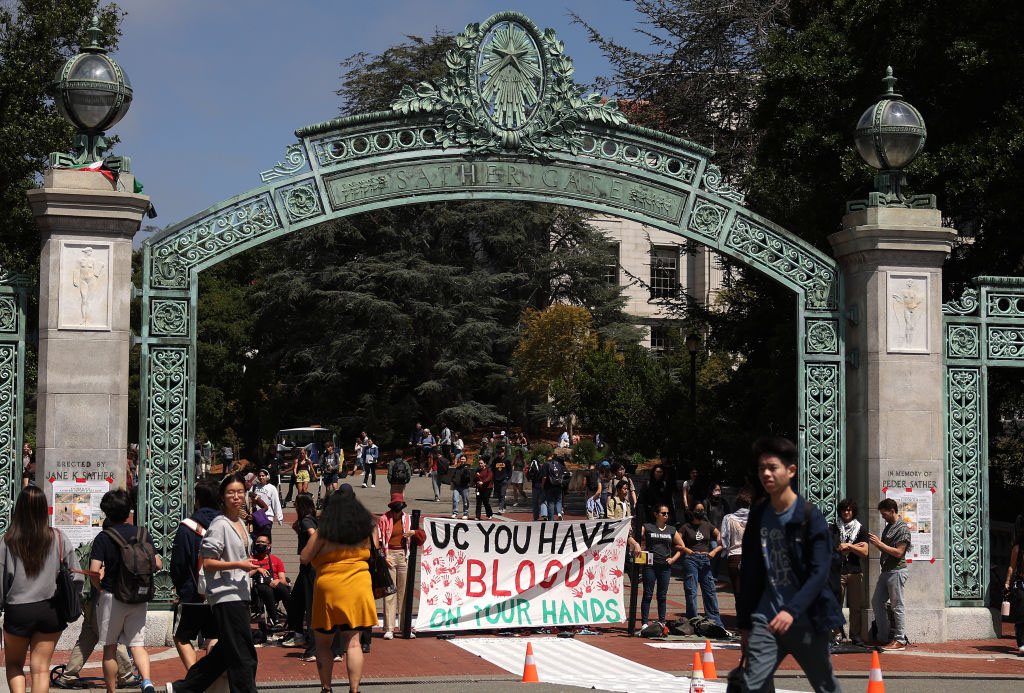
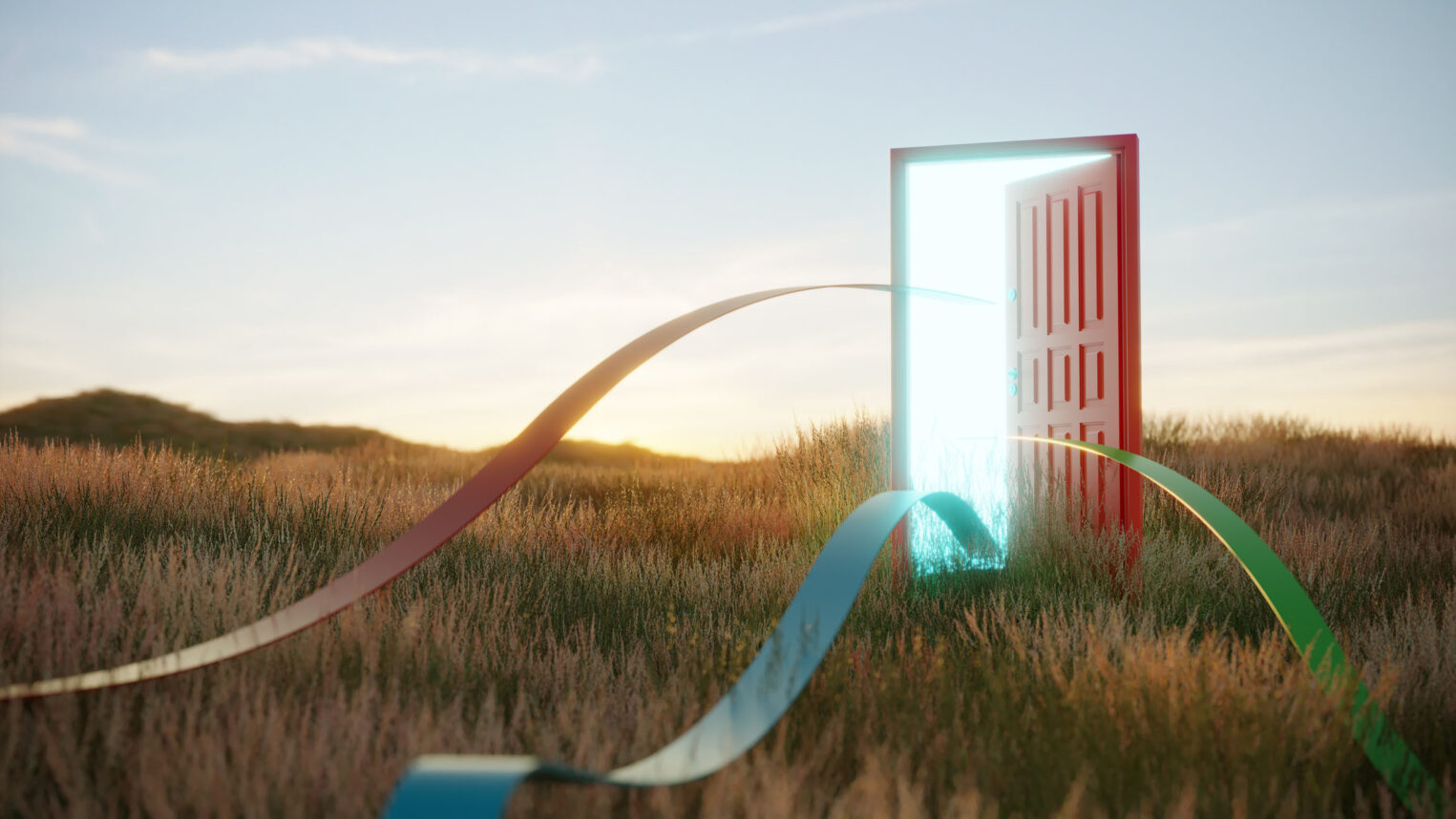
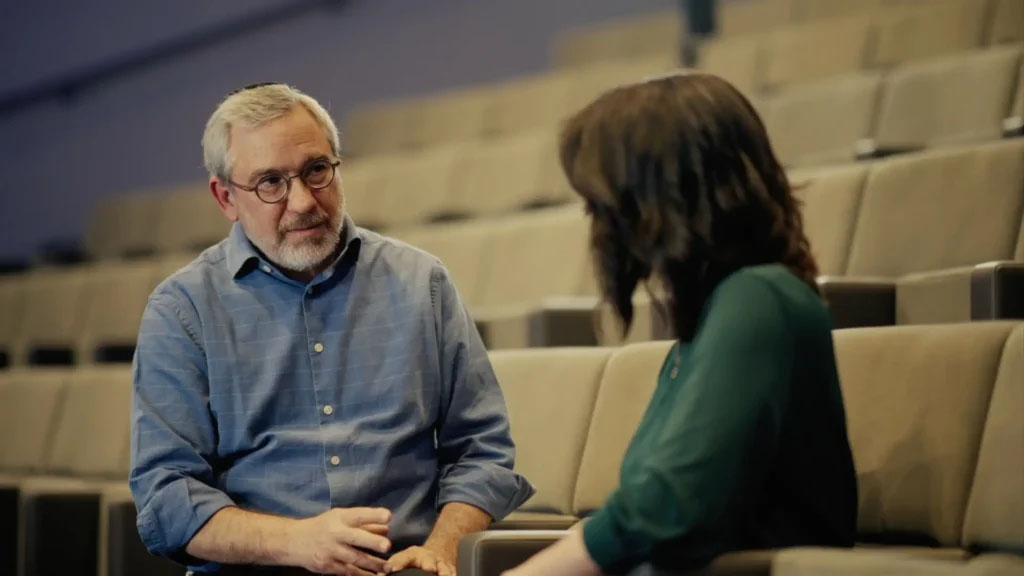
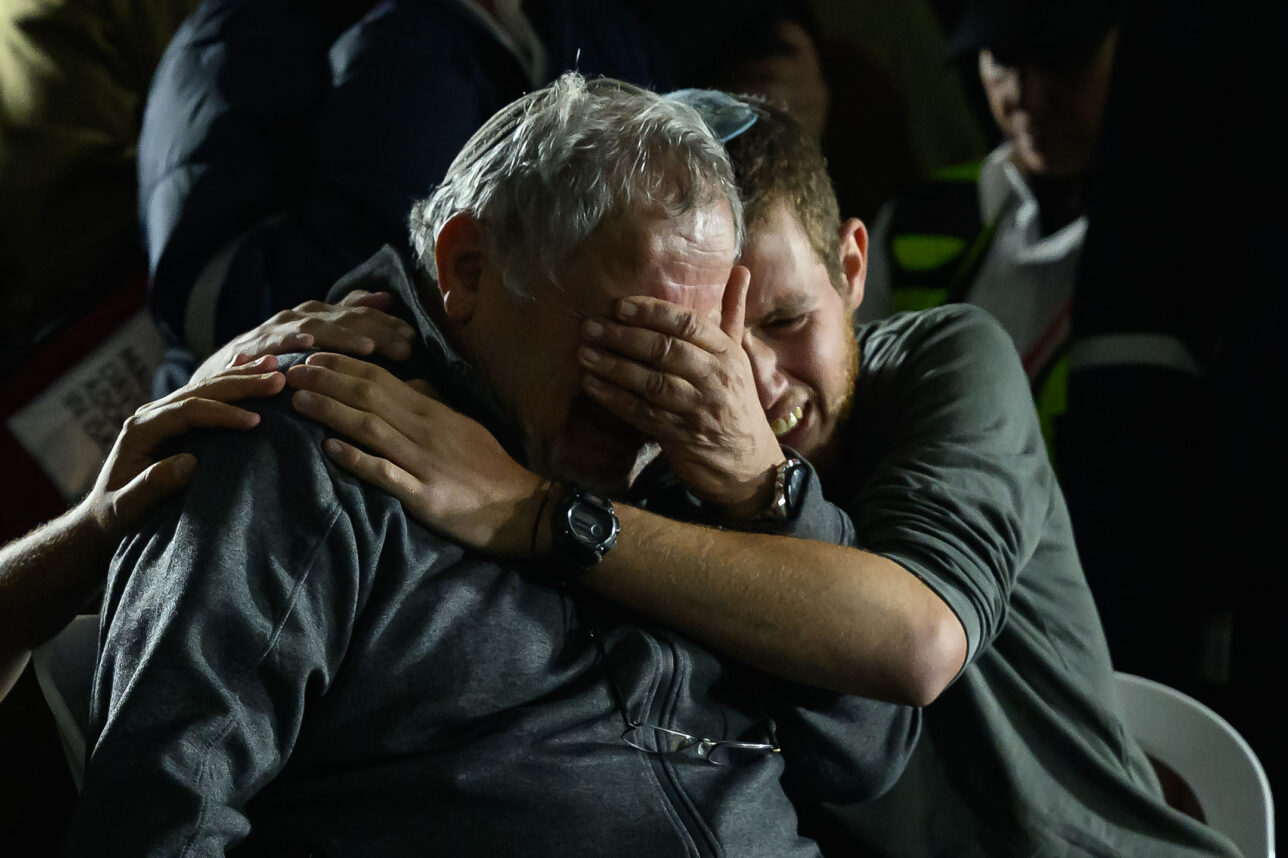

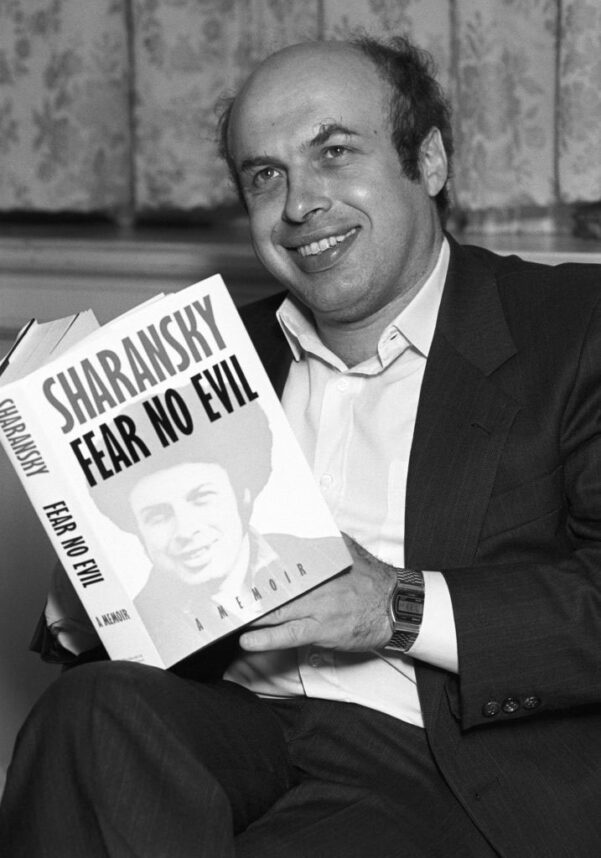



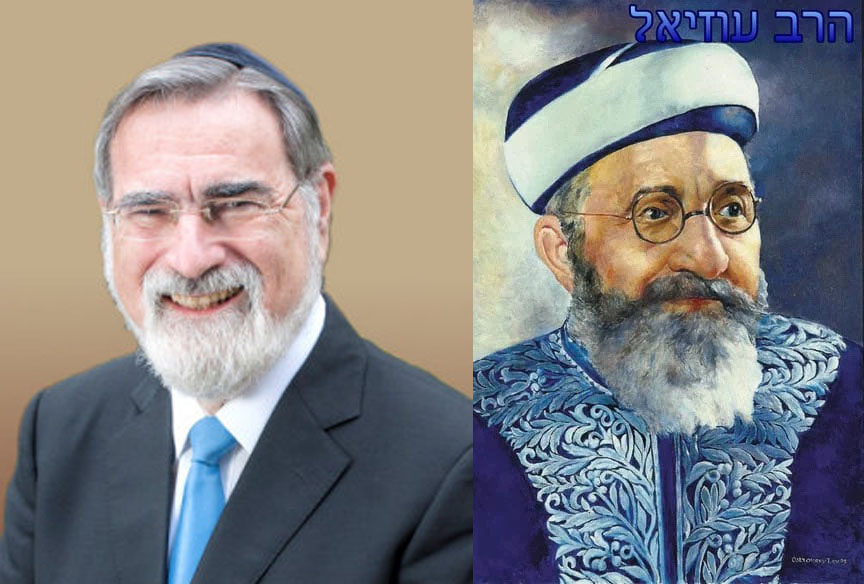





 More news and opinions than at a Shabbat dinner, right in your inbox.
More news and opinions than at a Shabbat dinner, right in your inbox.